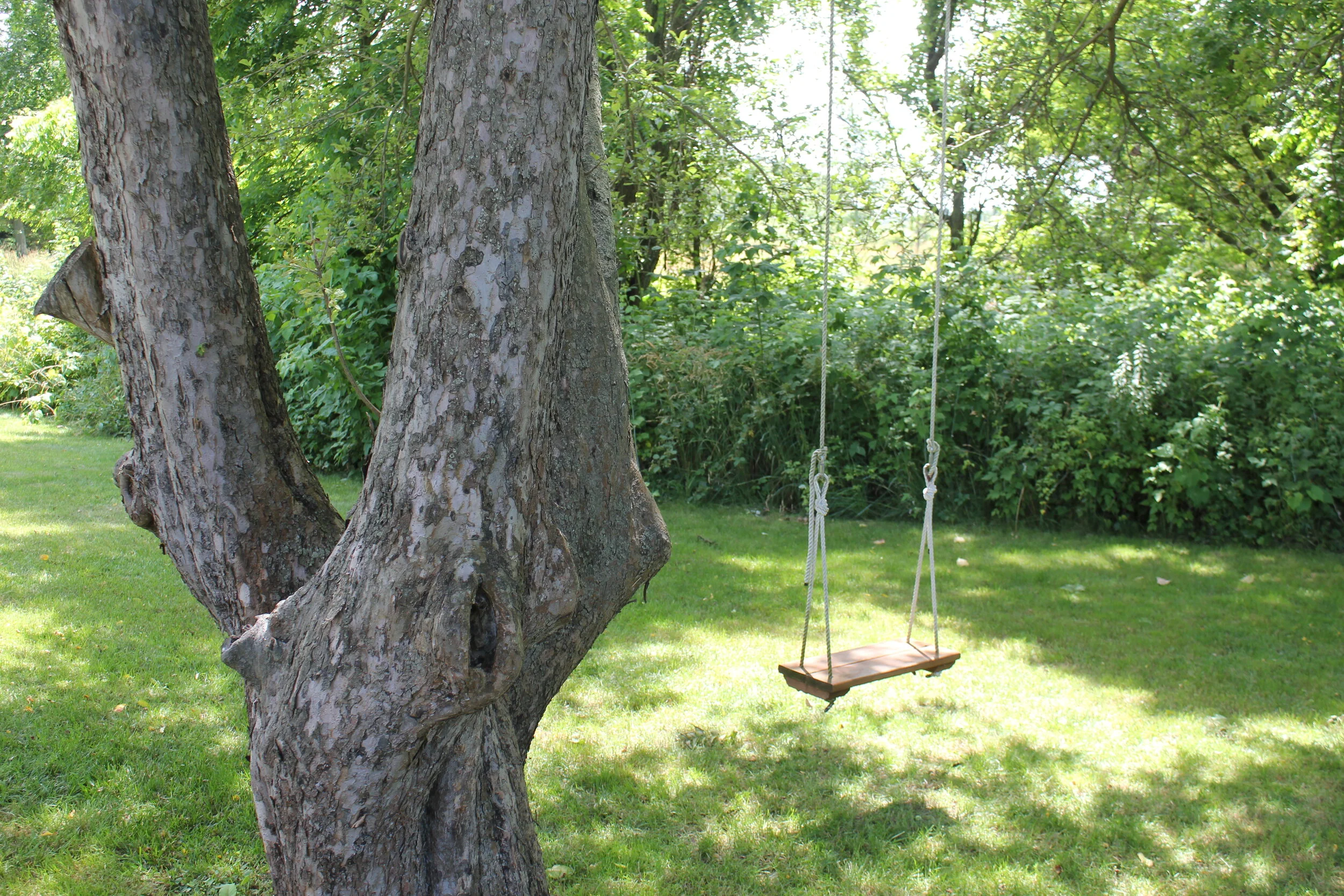Self-Reflection
We’ve had a lot of time on our hands. Since the world shut down in mid-March, we’ve spent most of our waking hours wondering what life will be when all of “this” – the global pandemic, reckoning with race, the economic meltdown – is over. In the meantime, we’ve adopted: working from home, sometimes having to double as our young children’s teachers; embracing technology to stay connected with family and friends - albeit virtually; discovering new hobbies and routines: walking, cooking, gardening, sewing - filling up the time we would have been just out and about shopping in malls or dining out. We’ve read more, watched TV more, daydreamed more.
In many ways, whether we realize it or not, these last three months have compelled us to turn inward and self- reflect, mulling over life’s big questions: Who am I? What is important to me? What motivates me? What makes me happy?
During this time, I’ve offered complimentary coaching sessions to address specific transition challenges. These challenges turned out to center on questions over the unexpected loss of jobs and business opportunities, and the unfortunate, unintended consequences: having to move (most millennials back home to mom and dad); having to question one’s ability to bounce back (the factors that defined one’s success pre-COVID don’t apply anymore); the list goes on. Bottom line: the world has been turned upside down, and what worked before just doesn’t work anymore.
So… here’s the question: if I were to reinvent myself, how do I move forward?
It seems timely that my son recently gifted me with a copy of the “The Untethered Soul”. Its author, Michael A. Singer tries to unbundle some of life’s most profound questions: “What would it be like to free yourself from limitations and soar beyond your boundaries? What can you do each day to discover inner peace and serenity?” Singer proposes meditation and mindfulness, reflecting upon how we behave and what thoughts enter our minds in response to events in the world around us. Doing so allows us to see what we need to work on, enabling us to welcome a new way of looking at things, identifying new opportunities, discovering new capabilities.
By understanding who we are now and who we’d like to become will help identify the steps we need to take on the journey of learning that will lead to reinventing ourselves. To some, this reinvention is required: their company has closed, and those that remain open are not hiring. To others, the pause – being laid off or furloughed - has given them some space and time to reflect about not only their goals and aspirations but also what brings them satisfaction: joy, excitement, a sense of accomplishment. While the ability to earn money to support ourselves remains a paramount consideration, this state of not having much has made some of us realize that “all that jazz” may not be all that important.
Here’s a quick example: I’m working with my coaching client Tom to transition from being an employee to becoming an entrepreneur by launching his on-line personal training company. He asks, “my competition charges $100/hour and gets it; I’d love to do that, but on the other hand, I’d like to offer services that are much more accessible, like $60/hour. Am I being stupid?” Well, I’d remind Tom that this is really a two-part question:
a) What value do you attach to accessibility? b) What value do you attach to your service?
These questions can only be answered through self-reflection. Executive coach Jennifer Porter agrees: “The most useful reflection involves the conscious consideration and analysis of beliefs and actions for the purpose of learning. Reflection gives the brain an opportunity to pause amidst the chaos, untangle and sort through observations and experiences, consider multiple possible interpretations, and create meaning. This meaning becomes learning, which can then inform future mindsets and actions.” In this case, Tom first needs to be comfortable with the value he attaches to the service he provides. If he feels that he deserves to get paid $100/hour, and the market will bear it, then he is neither being stupid, immoral, or unethical to charge this. In terms of his moral/ethical dilemma about charging less to make his services more accessible, not only is this great learning for him – realizing the value he associates with accessibility; it also provides an important perspective, informing him how he’ll create a unique business model that respects and honors accessibility.
Self-reflection provides clarity of thought and a deeper understanding of one’s values that leads to better decision-making, reducing one’s anxiety and stress over making choices and acting on matters that initially seem conflicting and irreconcilable. But like all good things in life, self-reflection is not an easy endeavor. It requires practice and patience. Many resources exist – on-line as well as mindfulness and meditation coaches – to help one start, build and sustain a healthy practice. But – here’s some caveats: you need to know when to stop, and when to ask for help. Self-reflection can lead to a spiraling of thought and be mentally harmful if you don’t know when to stop. It can become overwhelming – a sign to ask for help from a therapist or a coach.
As we realize that we still have some time on our hands - waiting for the pandemic to lift while wondering what, when and how we will re-position or re-invent ourselves for the “new normal”, I’d like to suggest that we all spend some of this precious time sitting with our selves, in self-reflection: Why am I here? What would I do differently? Where do I want to get to? Who do I want to be? How will I get there? Self-reflection will help you create your road-map, enabling you to free yourself from limitations, and soar beyond your boundaries.



